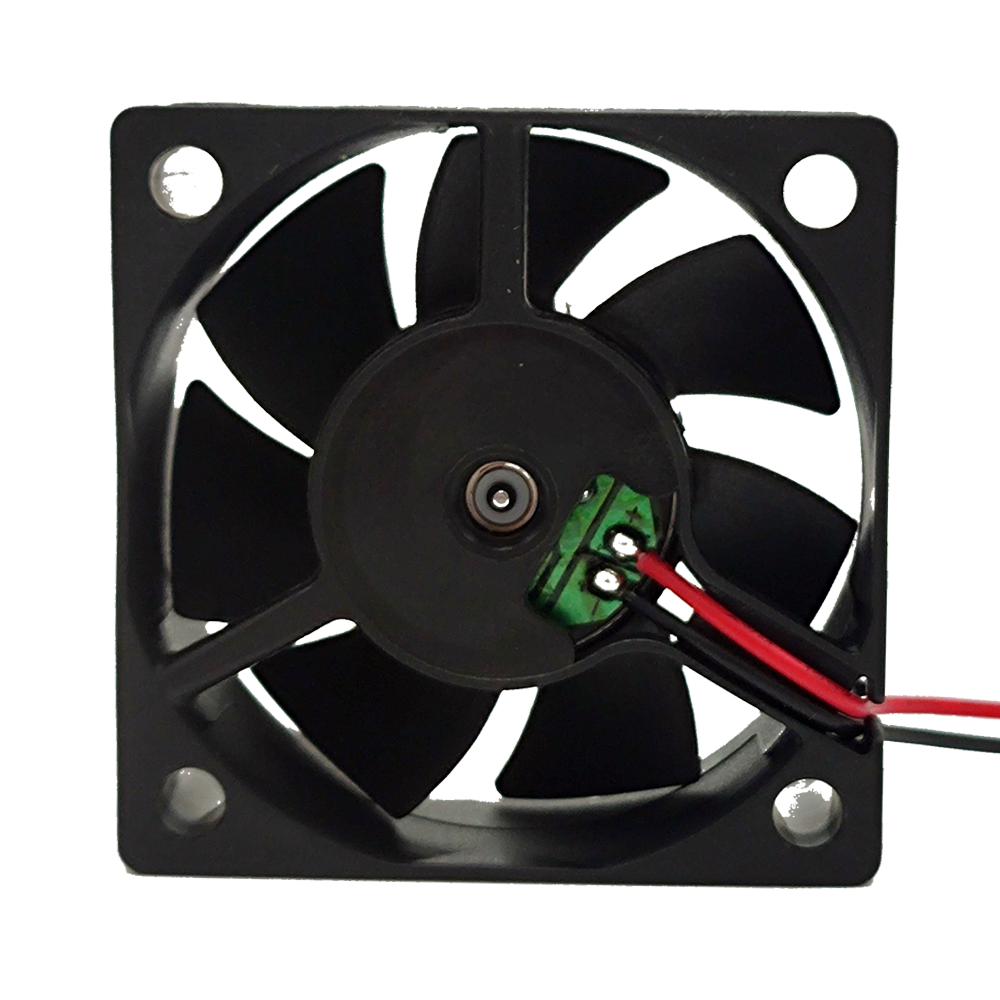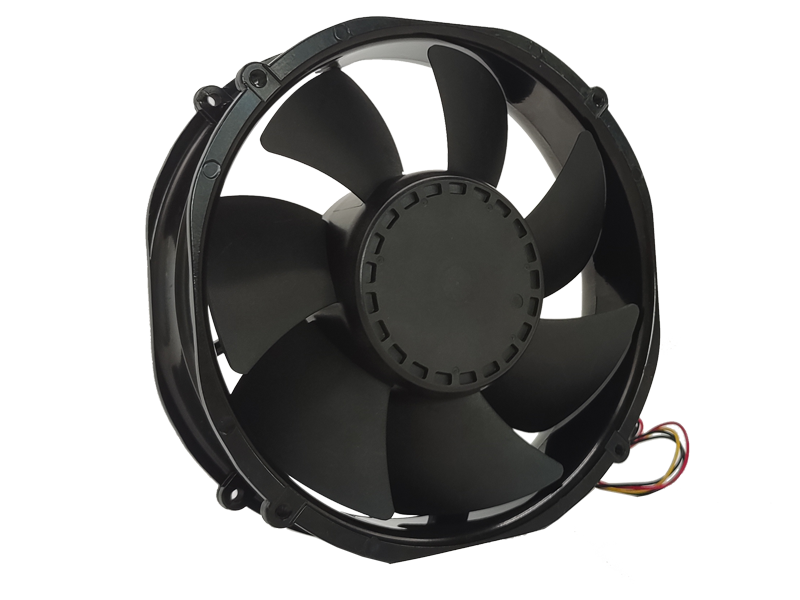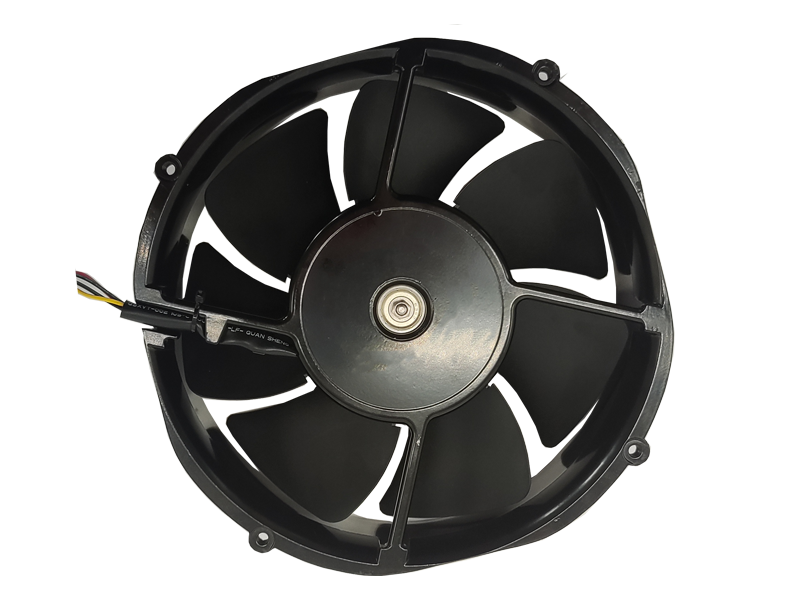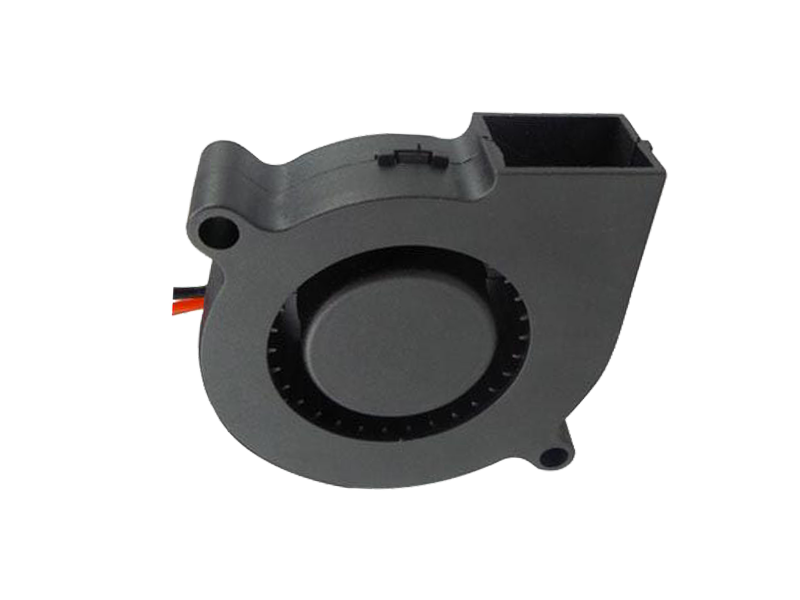In the dynamic world of modern manufacturing, industrial fans are not just devices for air circulation; they are integral components of a smart, efficient, and sustainable production ecosystem. As manufacturing processes become more complex and environmental regulations tighten, the role of industrial fans in maintaining optimal working conditions, reducing energy consumption, and minimizing environmental impact has never been more critical. This article examines the product-centric approach to designing industrial fans that can adapt to the challenges of modern manufacturing.
Adapting to Complex Manufacturing Processes
Modern manufacturing processes often involve a mix of automated and manual operations, requiring a versatile range of industrial fans to meet diverse needs. For instance, in cleanrooms, fans must maintain strict air quality standards while ensuring worker comfort. In welding areas, fans with spark-resistant designs and explosion-proof features are essential for safety.
To adapt to these challenges, industrial fan manufacturers are increasingly adopting modular designs that allow for easy customization and upgradability. By offering a range of fan sizes, blade designs, motor options, and accessories, manufacturers can tailor fans to meet the specific requirements of each manufacturing process.
Reducing Energy Consumption and Environmental Impact

Energy efficiency is a top priority for modern manufacturers, who are under increasing pressure to reduce their carbon footprint. Industrial fans play a crucial role in this effort, as they can consume a significant portion of a facility's energy. To address this, manufacturers are developing fans with high-efficiency motors, optimized blade designs, and smart control systems that adjust fan speed based on real-time environmental conditions.
Moreover, the integration of renewable energy sources, such as solar power, is becoming more common in industrial fan design. By harnessing clean, renewable energy, manufacturers can further reduce their environmental impact and operational costs.
Smart Integration and Predictive Maintenance
As manufacturing processes become more automated and interconnected, the integration of smart technologies is essential for maintaining efficiency and reliability. Industrial fans are no exception. By connecting fans to a centralized management system, manufacturers can monitor fan performance in real-time, identify potential issues before they escalate, and adjust settings to optimize energy use and air circulation.
Furthermore, the adoption of predictive maintenance technologies enables manufacturers to predict when fans will require maintenance or replacement, reducing unplanned downtime and extending the lifespan of equipment. This smart integration not only enhances operational efficiency but also contributes to a more sustainable manufacturing ecosystem.
In conclusion, industrial fans are evolving to meet the complex challenges of modern manufacturing. By adopting modular designs, prioritizing energy efficiency, and integrating smart technologies, manufacturers are creating fans that are not only more adaptable and efficient but also more sustainable. As the manufacturing industry continues to transform, industrial fans will remain a vital component of a smart, efficient, and environmentally friendly production ecosystem.
Recommended Products

The main purpose:Car charging station

The main purpose:Car charging station

The main purpose:Electronic refrigerators, water dispensers, direct drinking machines, inverter power supplies
Address:No. 4137, Longgang Avenue (Henggang Section), Henggang Community, Henggang Street, Longgang District, Shenzhen
hotline:13530005572(Chen)15112579390(Li)


Welcome all friends to come for consultation and negotiation.
Copyright 2024 @ Shenzhen Youneng Xinyuan Electronics Co., Ltd.,(industrial fans,industrial blowers,axial fans,cooling fans manufacturer,centrifugal fans,ac cooling fans,dc cooling fans)